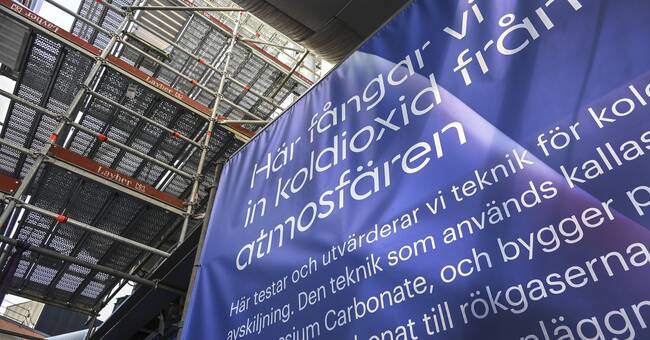"The scale and pace required to meet this critical target - our best chance of limiting global warming to 1.5 degrees - make it perhaps the greatest challenge facing humanity," IEA chief Fatih Birol said in a press release. .
The commitments made by the countries of the world so far are not enough, according to the IEA.
The 224-page report describes what the IEA describes as the easiest way to get there.
Invest in new technology
Until 2030, it will largely be a matter of utilizing existing technology, such as continued expansion of solar and wind power and a transition to heating with heat pumps.
Thereafter, new technologies such as hydrogen and carbon capture and storage need to play a greater role, according to the IEA, which calls for major public investment in pilot projects by 2030.
At the same time, the use of oil, coal and natural gas needs to decrease dramatically.
Oil production should decrease from the current 100 million barrels to 24 million barrels per day by 2050. All new investment in fossil fuel extraction should be stopped immediately and sales of petrol and diesel passenger cars should cease by 2035.
By 2050, close to 90 percent of all electricity production should come from renewable energy sources, of which solar and wind should account for close to 70 percent, according to the report.
Nuclear power and biofuels
A controversial position is that the rest should primarily come from nuclear power, which requires large investments and doubled capacity by 2050. The alternatives without nuclear power will be more expensive, according to the IEA.
The IEA also proposes that almost a quarter of the world's productive forest land should be used to produce biofuels.
Stefan Wirsenius, who researches the connection between land use and climate impact, is skeptical.
- It is difficult to see that this could happen without major negative consequences for biodiversity.
In addition, the forest makes greater climate benefit if it is allowed to remain instead of being set on fire, he tells Dagens Nyheter.

